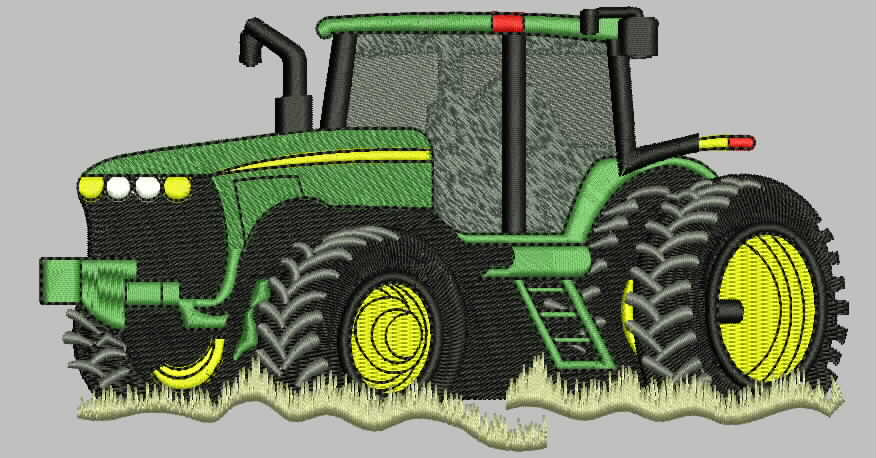How to Use an Embroidery Hoop: A Step-by-Step Guide
The art of embroidery allows you to create beautiful, intricate designs on fabric. If you’re a beginner or seasoned stitcher, mastering how to use an embroidery hoop correctly is crucial. Here’s a comprehensive guide to setting up and using your embroidery hoop.
Embroidery hoops: what are they?
It’s a simple tool that holds your fabric taut while you stitch. They’re usually round or oval and made from wood, plastic, or metal. There are two parts to each hoop:
Inner ring
A screw or clasp on the outer ring
These rings stretch the fabric, ensuring even stitches and smooth embroidery.
Embroidery Hoop Benefits
There are several benefits to using an embroidery hoop:
Fabric that’s taut helps create uniform stitches.
Improved control: Offers a stable stitching surface.
The fabric is securely held, so stitching sessions are longer and more comfortable.
Embroidery Supplies
Gather the supplies you’ll need before you start:
The right size embroidery hoop for your project
Fabric for embroidery (like cotton, linen, or Aida cloth)
Needle for embroidery
Thread or floss for embroidery
Scissors
Pattern or design
Make sure your fabric matches your embroidery project’s style and durability.
How to Use an Embroidery Hoop: Step-by-Step
Step 1: Prepare Your Fabric
Give yourself enough room for adjustments and easy handling by cutting your fabric a little bigger than the embroidery hoop.
Step 2: Assemble the Hoop
Loosen the outer hoop’s screw or clasp.
The inner and outer rings need to be separated.
Make sure the inner hoop is flat.
Put your fabric over the inner hoop, making sure it’s centered.
To secure it, gently tighten the screw or clasp to secure the outer hoop over the fabric.
Step 3: Adjust the Fabric
Make sure the fabric is evenly stretched without wrinkles or slack by pulling gently at the edges.
Make sure the screw is tight enough to hold the fabric in place, but don’t overtighten it.
Step 4: Start Embroidering
Use embroidery floss or thread to thread your needle.
Make sure you stitch your pattern carefully and consistently.
Make sure your fabric stays taut to keep it even.
Essential Tips for Using an Embroidery Hoop
Choose the right hoop size: Your design should fit comfortably in the hoop without touching the edges.
To avoid hoop marks, place a thin piece of muslin or scrap fabric between the hoop and your project.
Remove the hoop regularly if you’re pausing for a long time: it prevents creases and unnecessary tension on the fabric.
Common Mistakes to Avoid
If you overtighten, your fabric will be distorted and the delicate threads will be damaged.
Fabric choice: Avoid thin, stretchy, or loosely woven fabrics because they won’t hold their shape.
Embroidering without a hoop often results in uneven tension and messy, inconsistent stitches.
Final Thoughts
If you know how to use an embroidery hoop properly, it’ll change the way you stitch. The steps and tips below will help you stitch beautiful designs that look professional. It doesn’t matter whether you’re making a small embroidery piece or a huge project, you need the right embroidery hoop technique.
Visit Embroidery Essentials for more embroidery resources or check out Pinterest for detailed tutorials. Have fun stitching!
 315-215-0681
315-215-0681







